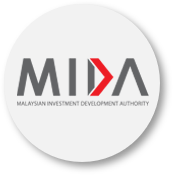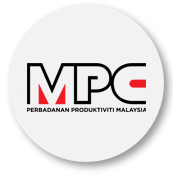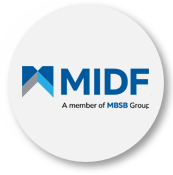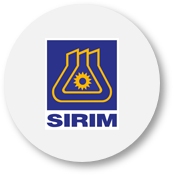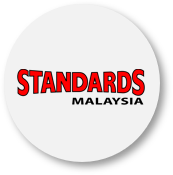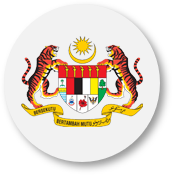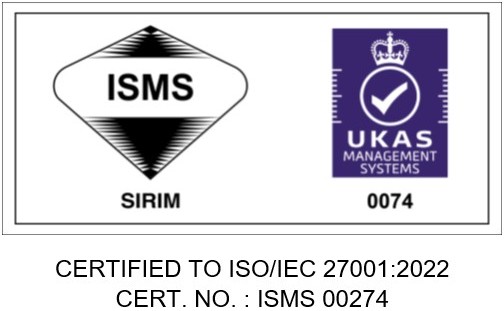-
In addition to the multilateral process, increased focus on plurilateral negotiations among WTO members on specific sectors under various Joint Statement Initiatives (JSI) format continues.
-
Members worked to create new grounds on a variety of topics relating to electronic commerce, investment facilitation for development, domestic service regulation, Micro, Small and Medium Enterprises (MSMEs), and trade and environment.
-
With a focus on the various economic development levels and the perspectives of developing and least developed nations, including their level of aspiration and implementation issues, open and inclusive negotiations are still ongoing under these JSIs.
-
Malaysia actively participates in three of the five JSIs, namely MSMEs, investment facilitation for development, and electronic commerce.
- The Joint Statement Initiative (JSI) on MSMEs was launched at MC11 in December 2017, aimed at addressing the unique challenges faced by MSMEs in global trade. Recognising that MSMEs encounter greater barriers than larger firms, the initiative seeks to foster a more inclusive trading environment by enhancing access to market information, finance and reducing regulatory challenges.
- The MSME package of recommendations and declarations, adopted in December 2020, was sponsored by 97 WTO members including Malaysia. As of June 2024, 103 WTO members from all regions and levels of development, representing 90% of world exports, participated in the WTO Informal Working Group on MSMEs.
- The WTO MSME Group has delivered several key outcomes, including the December 2020 MSME Package of six recommendations to address challenges faced by small businesses in international trade. These focus on transparency in MSME policies, support for the Global Trade Helpdesk, full implementation of the Trade Facilitation Agreement, reducing regulatory burdens and improving MSMEs' access to finance and cross-border payments.
- Additional initiatives include:
- Databases on MSME references in Regional Trade Agreements (2019) and Trade Policy Reviews (2021).
- The Small Business Champions initiative (2021) with the International Chamber of Commerce (ICC) and International Trade Centre (ITC), encouraging small business participation in global trade.
- The Trade4MSMEs website (launched in 2021, updated in 2023), providing resources and guides for MSMEs, policymakers, and researchers.
- The Trade Game (2023), developed with the Institute of Export & International Trade (IOE&IT), as an export readiness tool.
- The Group continues to engage in discussions on critical issues such as cross-border payments, digitalisation, MSME financing and regional trade agreements. Key reports include the Coordinator's Reports presented at MC12 (2022) and MC13 (2024), as well as compendia focusing on access to finance for women-led MSMEs and MSME provisions in Authorised Economic Operator programs. These reports help guide ongoing negotiations and policy development.
- Pursuant to the directive of the 11th Ministerial Conference for members to develop the rules around trade and services under e-Commerce, negotiations were formally initiated in January 2019 with the involvement of 76 Members, including Malaysia.
- Since then, its membership has grown to 91 participants, representing all geographic regions and developmental stages, accounting for more than 90% of the world commerce.
- The textual negotiations of the JSI on e-commerce which is facilitated by Australia, Japan and Singapore as Co-Convenors, have been concluded. On 26 July 2024, the co-convenors published a joint statement, including the stabilised text of the Agreement on Electronic Commerce (INF/ECOM/87), on WTO’s Website. This joint statement to share the final JSI-EC Agreement to the public, reflects that participating Members recognise that the text has been stabilised, as well as reflects a balanced and inclusive outcome.
- 73 out of 91 Members have endorsed both the statement and the stabilised text. However, being listed on the statement does not equate to consent to be legally bound by, or acceptance of, the Agreement, which will only happen after the participant completes its domestic ratification procedures.
- Members are currently drafting a formal request to the General Council to officially incorporate the Agreement on Electronic Commerce into the WTO's legal framework (specifically Annex 4). This action is being taken in accordance with Article X.9 of the Marrakesh Agreement.
- The Joint Statement Initiative (JSI) on Investment Facilitation for Development (IFD) was launched at the 11th Ministerial Conference by 70 WTO members, including Malaysia. It seeks to establish a multilateral framework to facilitate investment flows. Participation has grown to over 110 WTO members over the three years it took to conclude it.
- 123 WTO Members are now official participants of the JSI. The final text of the English version of the Investment Facilitation for Development Agreement (IFDA) was circulated to all WTO Members on 23 November 2023, after completion of its legal review.
- Pursuant to the finalisation of the IFDA, 119 WTO Members co-sponsored a Joint Ministerial Declaration on the IFDA which was submitted for the consideration of the 13th WTO Ministerial Conference in February 2024, marking the conclusion of the IFDA.
- The process of integrating the IFDA into the WTO's legal framework is still underway.
- In order to advance the domestic regulatory discussions in tandem with the work of the Working Party on Domestic Regulation mandated by the General Agreement on Trade in Services (GATS), 59 WTO Members signed a Joint Statement Initiative (JSI) on Services Domestic Regulation (SDR) at the 11th Ministerial Conference.
- Negotiations were concluded on 2 December 2021 with the finalisation of the Reference Paper on SDR, which sets out new disciplines relating to domestic regulation for services that attempt to enhance business climate, reduce trade costs, and reduce red tape to allow global services trade flow smoothly.
- To-date, 70 members have signed up to the JSI. Following the 13th WTO Ministerial Conference in February 2024, the disciplines on services domestic regulation have become legally binding for 49 WTO members as part of the commitments set out in their GATS schedules. However, as Malaysia is not a party to the JSI on SDR, no amendments are required in Malaysia’s GATS schedule.







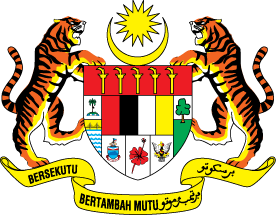





 Home
Home








